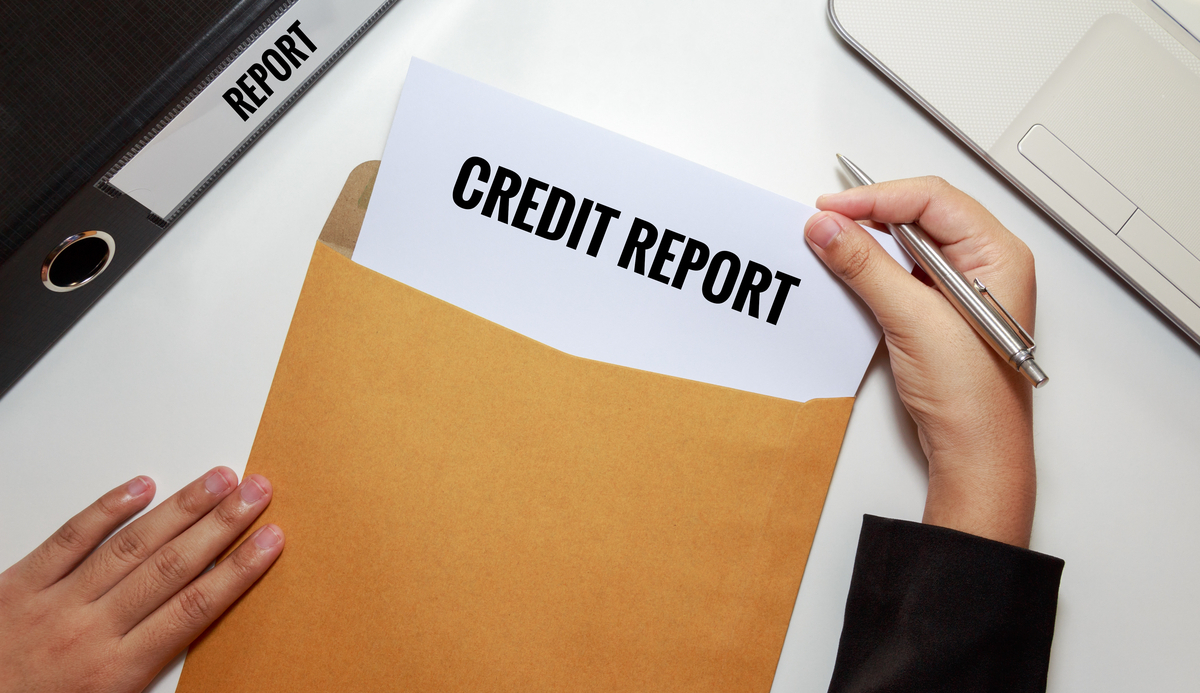

Credit Freeze, Lock, or Fraud Alert: What are the Differences?
If you’re a little worried about your credit report and identity theft in the midst of recent data breaches, we don’t blame you! The good news is there are several ways you can protect yourself and your hard-earned credit score. One action you can take is to freeze, lock, or put a fraud alert on your credit — but what are the differences amongst the 3 options?
Fraud Alert:
A fraud alert requires companies to verify your identity when someone tries to open an account in your name — even if it’s you opening it. It’s easy to implement: just call one of the credit monitoring agencies to put the year-long alert on your report. By law, one agency must notify the other two. It is free, but you will have to remember to call again every year to extend the alert.
Credit Freeze:
A credit freeze restricts access to your credit file so no one can open a new account in your name (not even you). Freezing and unfreezing your credit is free. If you put in the request online or by phone, the agency must place the freeze within one business day, and lift the freeze within one hour. Mail typically takes a few days. You will receive a PIN that you need to remember to freeze and unfreeze. Unlike a fraud alert, you need to contact each of the three credit monitoring agencies to put your freeze in place.
Credit Lock:
A credit lock is similar to a freeze in that it restricts access to your credit file so no one can open a new account in your name. Unlike a freeze, your credit can be locked or unlocked on a computer or phone app, and is usually instantaneous. There is a cost for credit locks, and it lasts as long as you like. Again, you need to contact (and pay monthly) each of the three agencies to lock your credit.
Although credit locks and freezes essentially do the same thing — prevent anyone from opening an account in your name — there are some important differences to keep in mind when deciding which to use, because you can’t do both. While everyone’s situation is unique and needs to be evaluated on an individual basis, a recent article from consumerreports.org suggests a credit freeze may be a better option for a few reasons — most importantly, because it offers you protection from financial liability by state law. Adversely, a credit lock is unclear who would be financially liable if something were to happen. You may have to plan in advance to open a line of credit (no on-the-fly credit cards at your favorite retail stores!), but a credit freeze may mean long-term, free protection for you and your credit report.
Important Disclosure Information: The information contained within this blog is for informational purposes only and is not intended to provide specific advice or recommendations. Please remember that past performance may not be indicative of future results. Different types of investments involve varying degrees of risk, and there can be no assurance that the future performance of any specific investment, investment strategy, or product (including the investments and/or investment strategies recommended or undertaken by Schultz Financial Group Incorporated), or any non-investment related content, made reference to directly or indirectly in this blog will be profitable, equal any corresponding indicated historical performance level(s), be suitable for your portfolio or individual situation, or prove successful. Due to various factors, including changing market conditions and/or applicable laws, the content may no longer be reflective of current opinions or positions. Moreover, you should not assume that any discussion or information contained in this blog serves as the receipt of, or as a substitute for, personalized investment advice from Schultz Financial Group Incorporated. To the extent that a reader has any questions regarding the applicability of any specific issue discussed above to his/her individual situation, he/she is encouraged to consult with the professional advisor of his/her choosing. Schultz Financial Group Incorporated is neither a law firm nor a certified public accounting firm and no portion of the blog content should be construed as legal or accounting advice. A copy of the Schultz Financial Group Incorporated’s current written disclosure statement discussing our advisory services and fees is available for review upon request. Please Note: Schultz Financial Group Incorporated does not make any representations or warranties as to the accuracy, timeliness, suitability, completeness, or relevance of any information prepared by any unaffiliated third party, whether linked to Schultz Financial Group Incorporated’s web site or incorporated herein, and takes no responsibility therefore. All such information is provided solely for convenience purposes only and all users thereof should be guided accordingly.
Where you want to go in life is up to you. How to help you get there is up to us.
Contact us today to start your journey…
Contact
Schultz Financial Group Inc.
10765 Double R Blvd. Suite 200
Reno, NV 89521
Phone: (775) 850-5620
Fax: (775) 850-5639
Email: [email protected]
Where you want to go in life is up to you. How to help you get there is up to us.
Contact us today to start your journey…
Contact
Schultz Financial Group Inc.
10765 Double R Blvd. Suite 200
Reno, NV 89521
Phone: (775) 850-5620
Fax: (775) 850-5639
Email: [email protected]
Design by Jason Design Studio | Design by Refresh Design Services | Copyright © 2018 Schultz Financial Group Inc.
Design by Jason Design Studio
Design by Refresh Design Services
Copyright © 2018 Schultz Financial Group Inc.